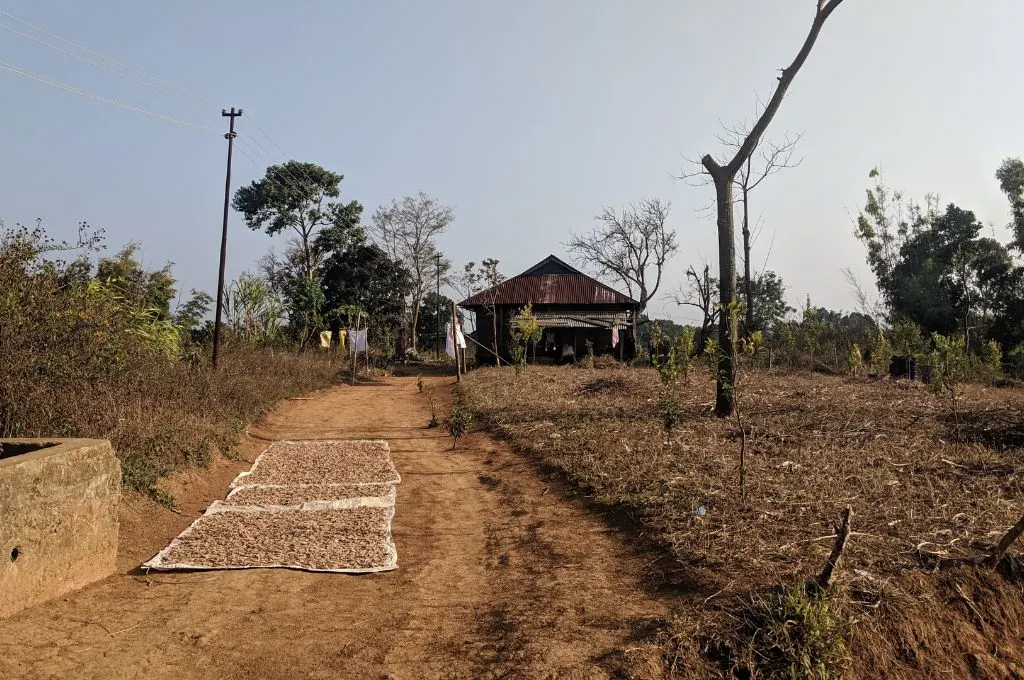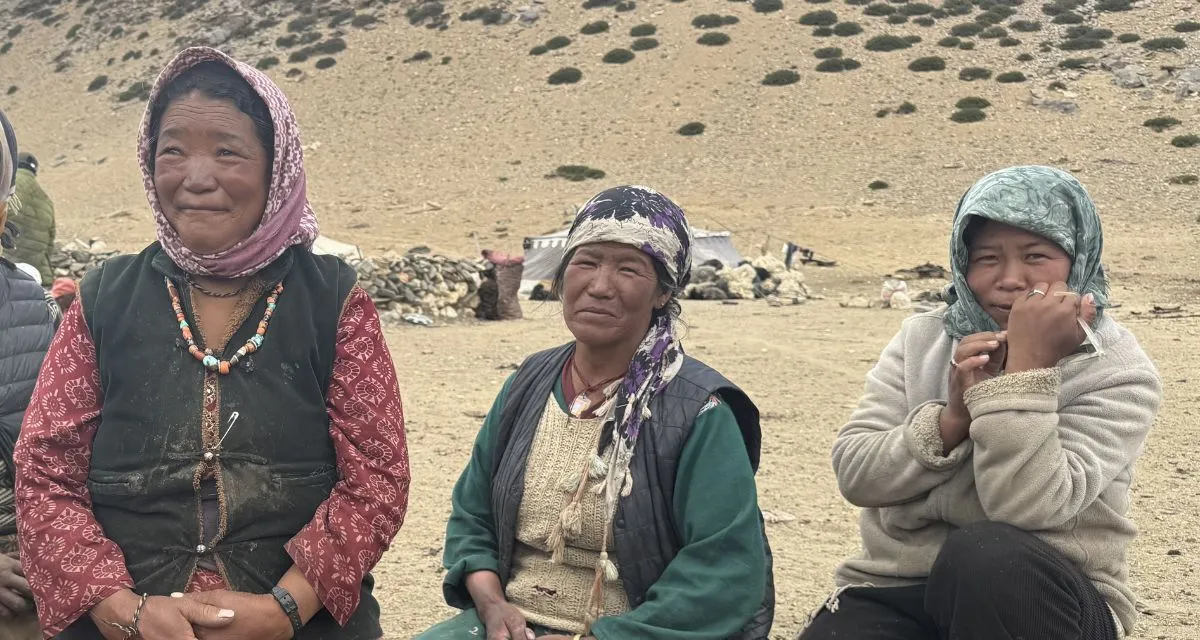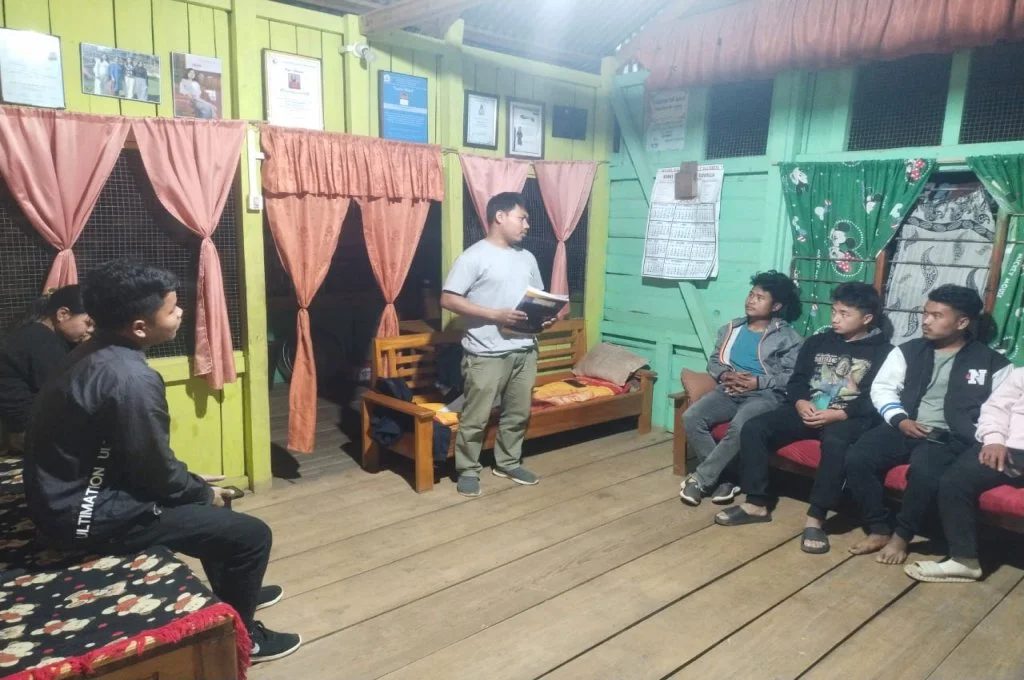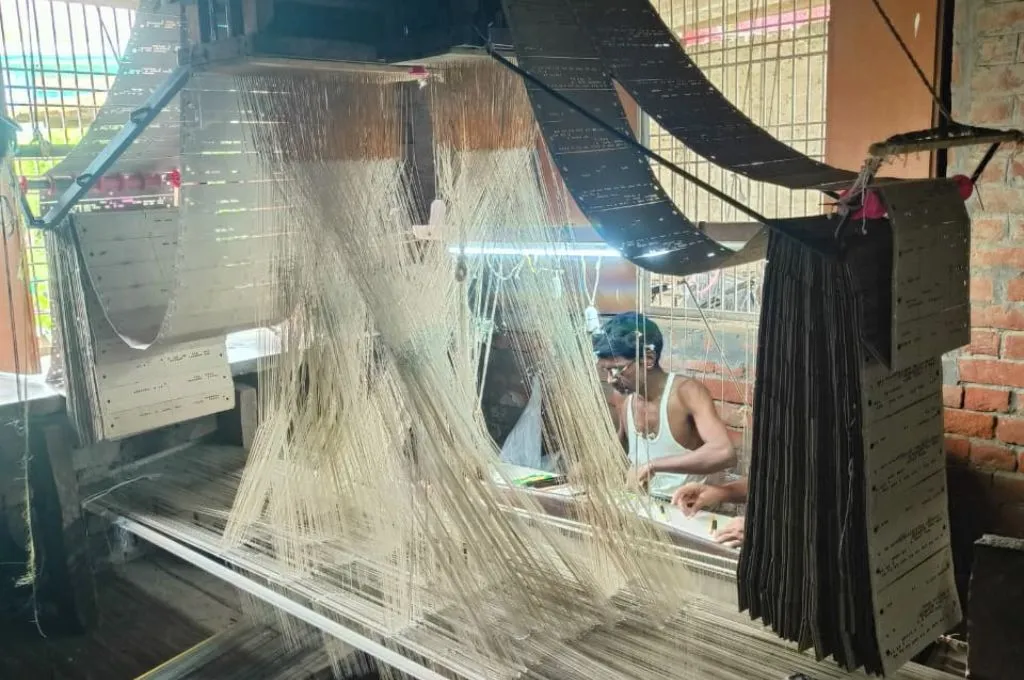Sneak attack
A young development professional was working in Sunderpahari (around the year 2005), one of the most backward blocks in the country. A Particularly Vulnerable Tribal Group (PVTG) lived in parts of that block, and that region was extremely prone to falciparum malaria, a severe disease that causes many deaths.
This development professional was responsible for running a self-help group (SHG) in the area, but he soon realised that malaria was a much larger problem for the community, and it threatened their very existence. He wanted to do something about it, but malaria was not a part of his organisation’s agenda.
To encourage people to use insecticide-impregnated bed nets as a prevention technique, he adopted an unconventional path. He made the purchase and use of the nets a precondition to receiving a loan from the SHG. There was resistance, but many people did start using it. He possibly saved many a life by intervening. Was he interfering, or was he merely doing his job as a development worker?

Sanjiv leads VikasAnvesh Foundation, a research centre established by Tata Trusts to study social development processes.
—
Know more: Read more about the impact of community-driven development.




